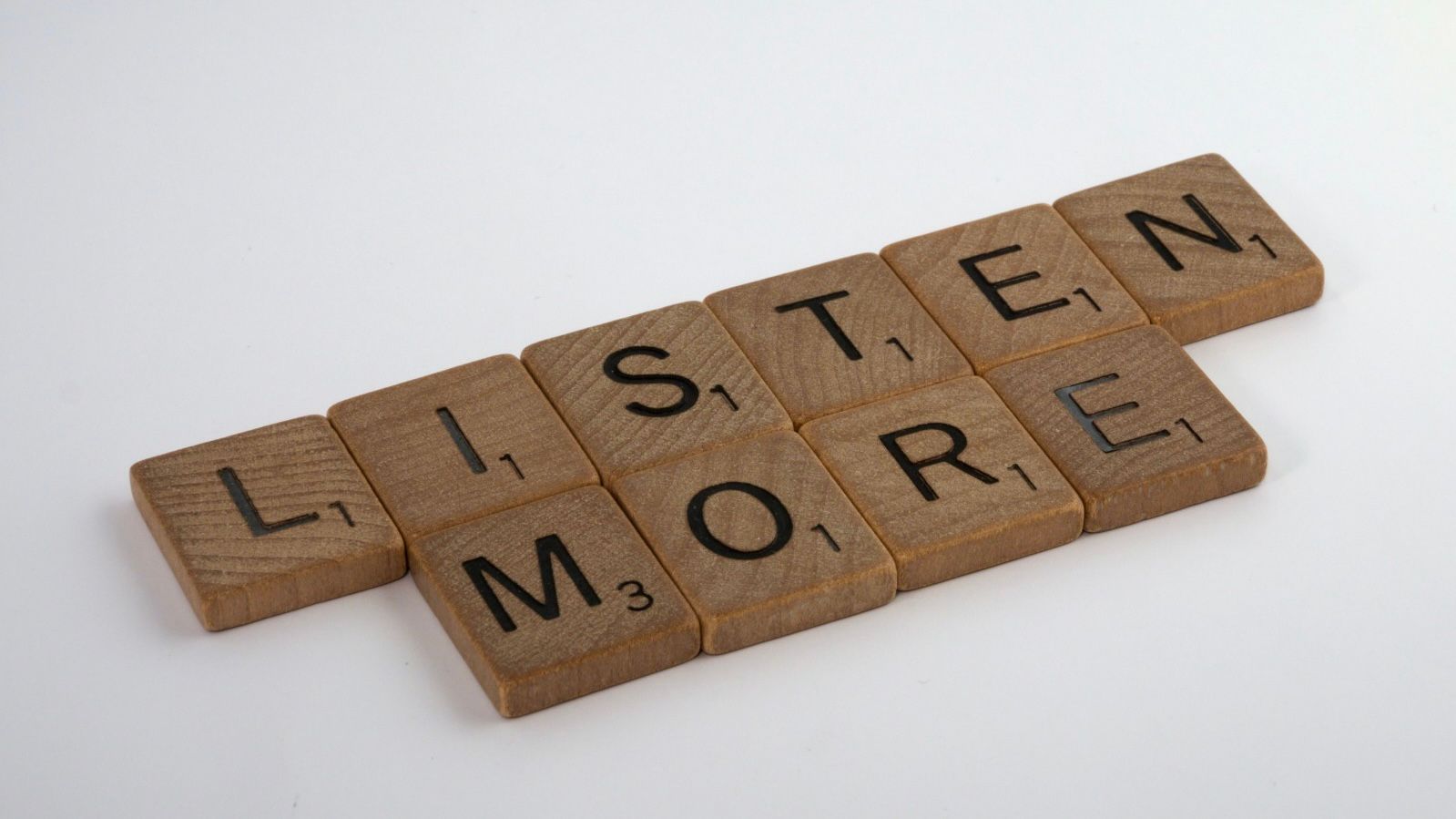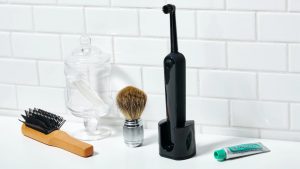
How to Become a Better Listener: 10 Essential Tips for Effective Communication
Listening is an invaluable skill that plays a crucial role in effective communication. Becoming a better listener can enhance relationships, improve productivity, and foster empathy. In this article, we will explore ten practical tips to help you sharpen your listening skills and become a more attentive and empathetic communicator.

Tip 1: Maintain Eye Contact
Eye contact is a powerful non-verbal cue that shows attentiveness and engagement. When engaging in a conversation, make a conscious effort to maintain eye contact with the speaker. By doing so, you convey your interest and establish a connection, which encourages the speaker to feel heard and understood.
Tip 2: Minimize Distractions
In our modern world filled with distractions, it is crucial to minimize them to be a better listener. Put away your phone, turn off the television, and create a quiet environment conducive to active listening. By eliminating distractions, you can fully focus on the speaker’s words, nuances, and emotions, enabling you to respond more thoughtfully.
Tip 3: Practice Empathy
Empathy is an essential aspect of effective listening. Put yourself in the speaker’s shoes and try to understand their perspective. Acknowledge their emotions and respond with empathy. By showing genuine concern and understanding, you create a safe space for open and honest communication, fostering deeper connections and trust.
Tip 4: Avoid Interrupting
Interrupting someone while they are speaking is not only disrespectful but also hinders effective communication. Practice restraint and patience, allowing the speaker to finish their thoughts before responding. By giving them the opportunity to express themselves fully, you demonstrate respect and validate their opinions, strengthening the communication process.
Tip 5: Ask Open-Ended Questions
Asking open-ended questions encourages the speaker to provide more detailed responses, facilitating a deeper conversation. Instead of simple “yes” or “no” questions, inquire about their thoughts, feelings, or experiences. This approach invites the speaker to share more, promoting a richer and more meaningful exchange of ideas.
Tip 6: Reflect and Paraphrase
Demonstrate active listening by reflecting and paraphrasing what the speaker has said. Summarize their main points to ensure accurate understanding. By restating their ideas in your own words, you not only confirm comprehension but also show the speaker that you are fully engaged and invested in the conversation.
Tip 7: Be Patient
Effective listening requires patience, especially when dealing with complex or emotional topics. Avoid rushing the speaker or jumping to conclusions. Allow them the time they need to express themselves fully and at their own pace. Patience cultivates a supportive environment and encourages open dialogue, leading to more meaningful connections.
Tip 8: Practice Mindfulness
Engage in the practice of mindfulness to become a better listener. Mindfulness involves being fully present in the moment and non-judgmentally aware of your thoughts and emotions. By practicing mindfulness during conversations, you can prevent your mind from wandering and focus on the speaker, enhancing your listening skills.
Tip 9: Show Non-Verbal Cues
Non-verbal cues such as nodding, smiling, and leaning forward can convey attentiveness and encouragement. By using these non-verbal cues, you show the speaker that you are actively engaged and interested in what they have to say. Such gestures create a positive and welcoming atmosphere that encourages open and honest communication.
Tip 10: Be Open-Minded
Maintaining an open mind is vital for effective listening. Suspend judgment and preconceived notions, allowing yourself to genuinely consider the speaker’s perspective. Embrace diverse opinions and be willing to challenge your own beliefs. By fostering an open-minded approach, you promote respectful and constructive dialogues, facilitating personal growth and understanding.
Becoming a better listener is a lifelong journey that requires continuous practice and self-awareness. By implementing these ten tips, including maintaining eye contact, minimizing distractions, practicing empathy, avoiding interruptions, asking open-ended questions, reflecting and paraphrasing, being patient, practicing mindfulness, showing non-verbal cues, and being open-minded, you can significantly improve your listening skills. Remember, effective listening is not just about hearing words; it is about understanding, connecting, and fostering meaningful relationships through empathetic and attentive communication.












